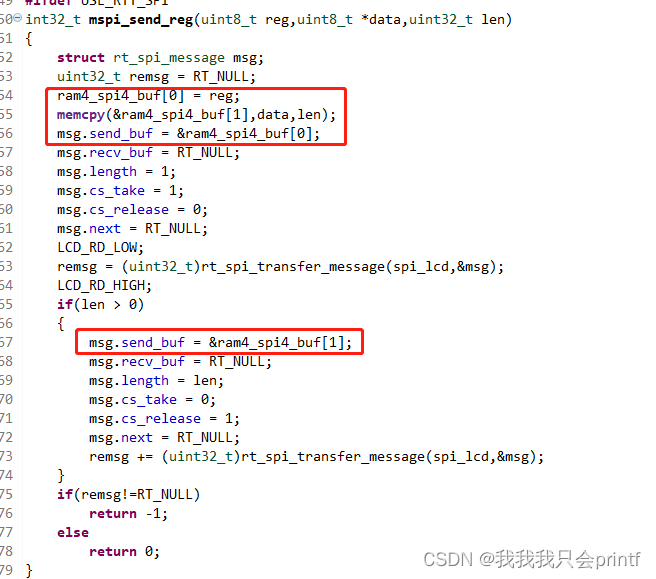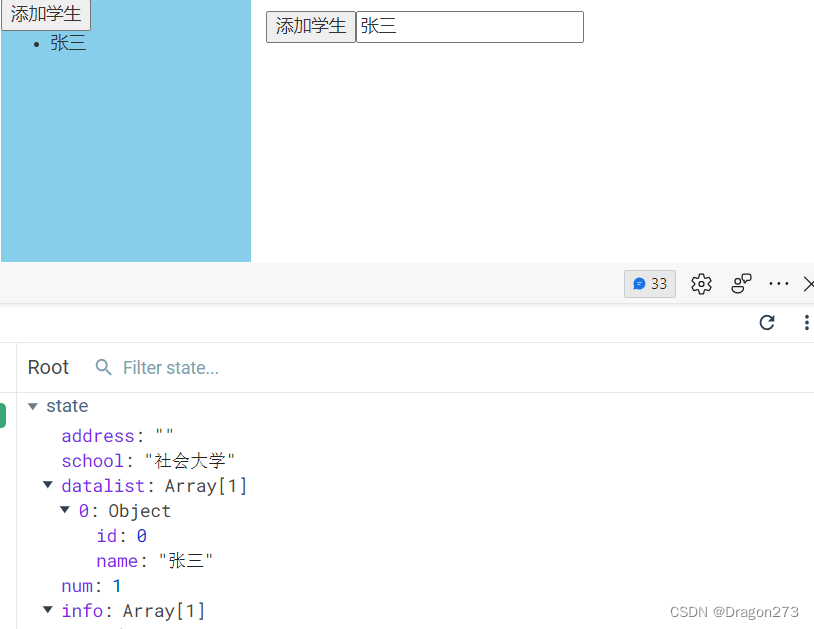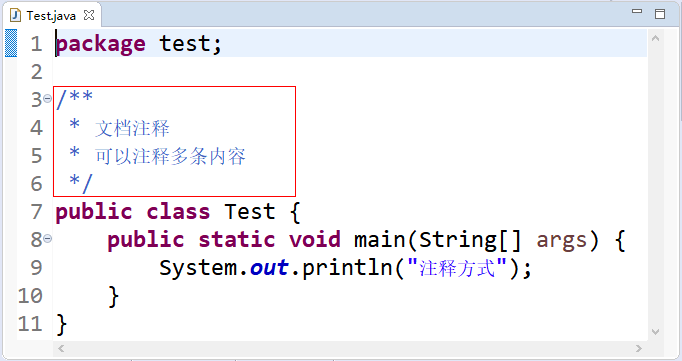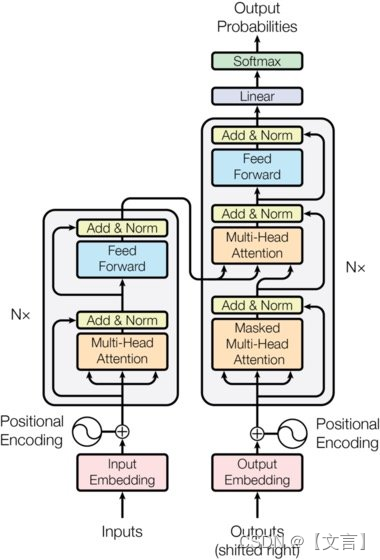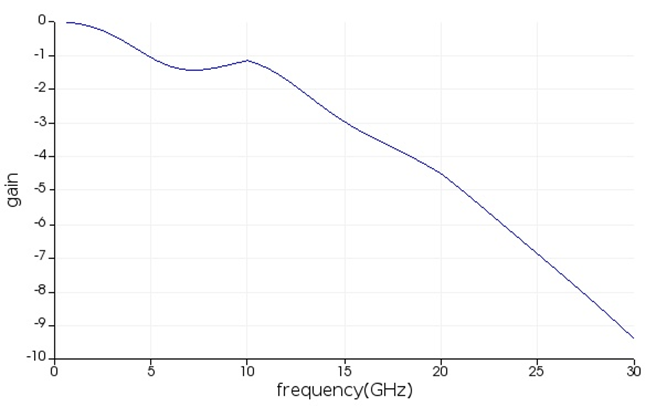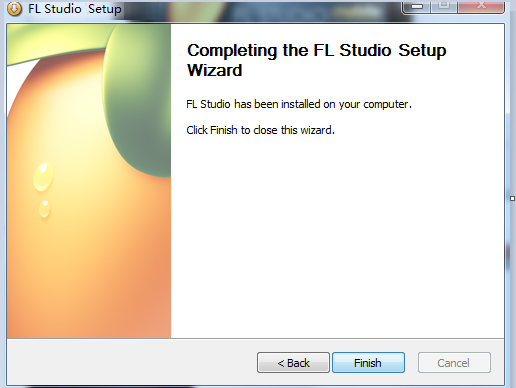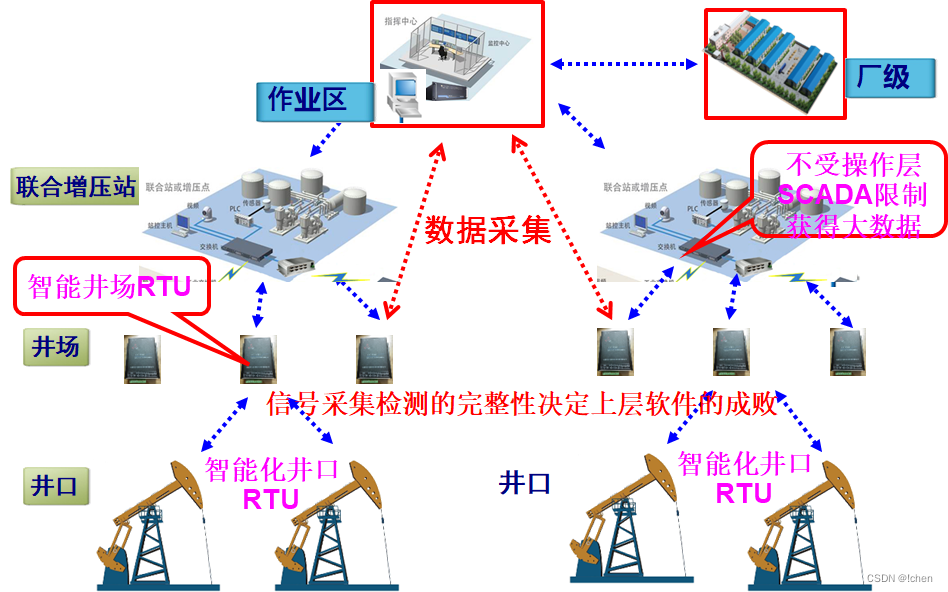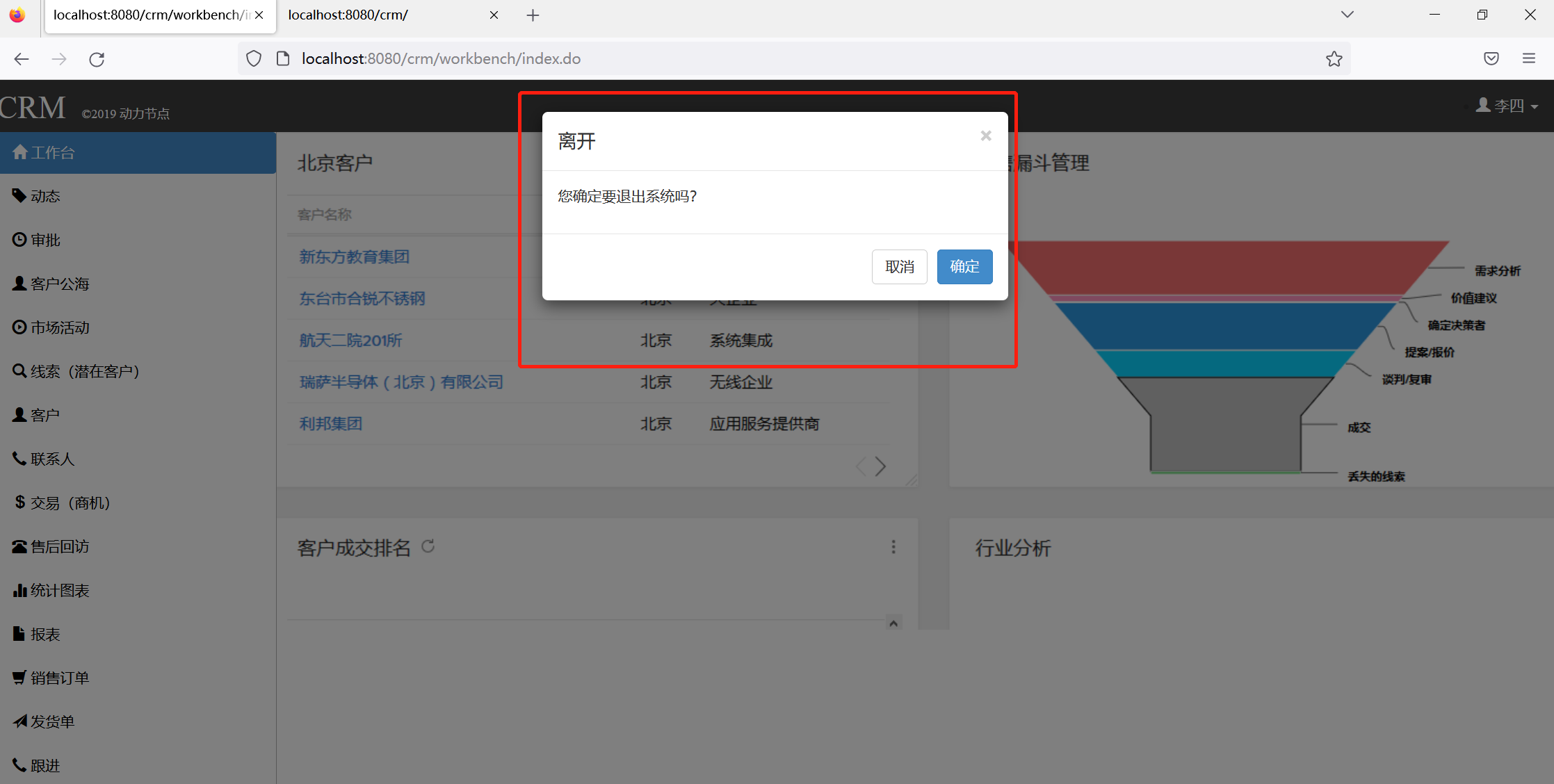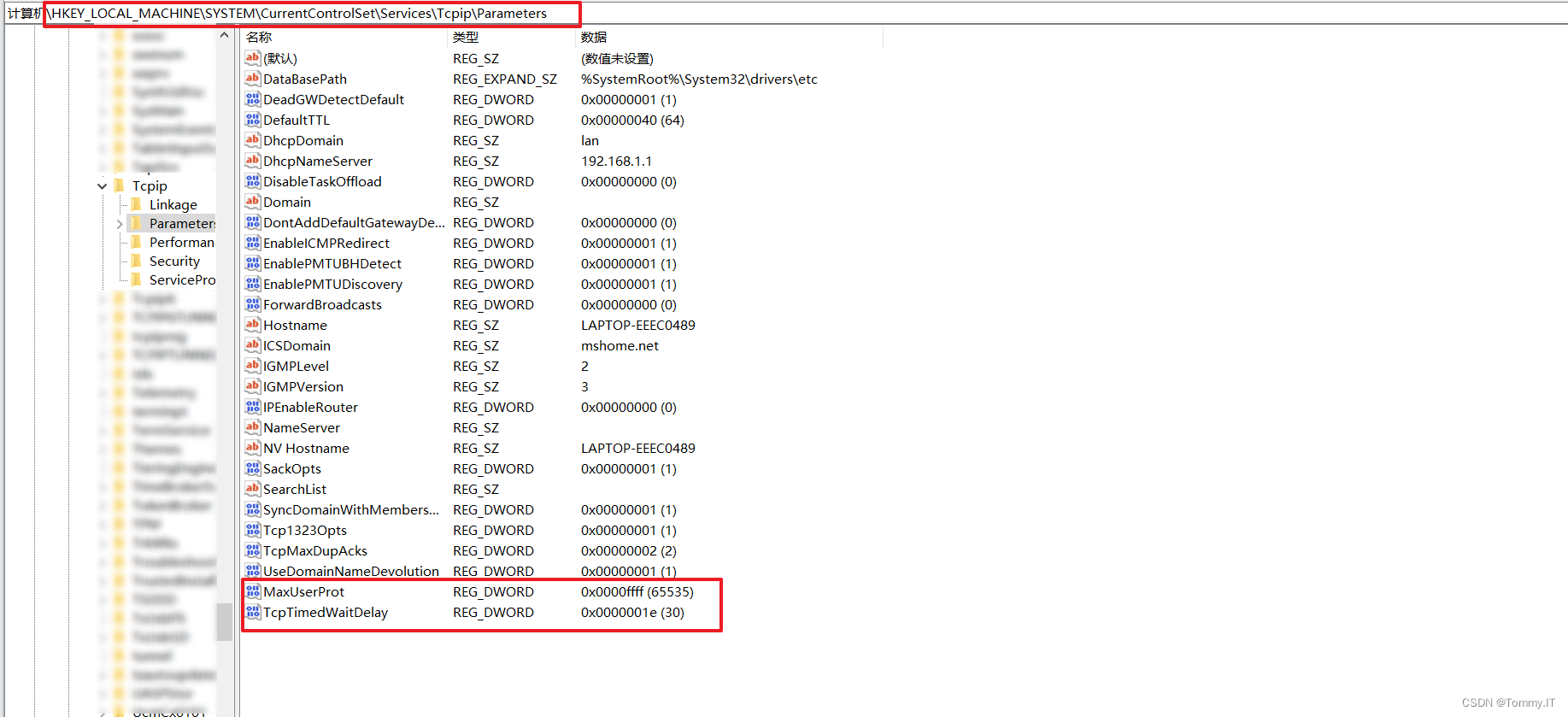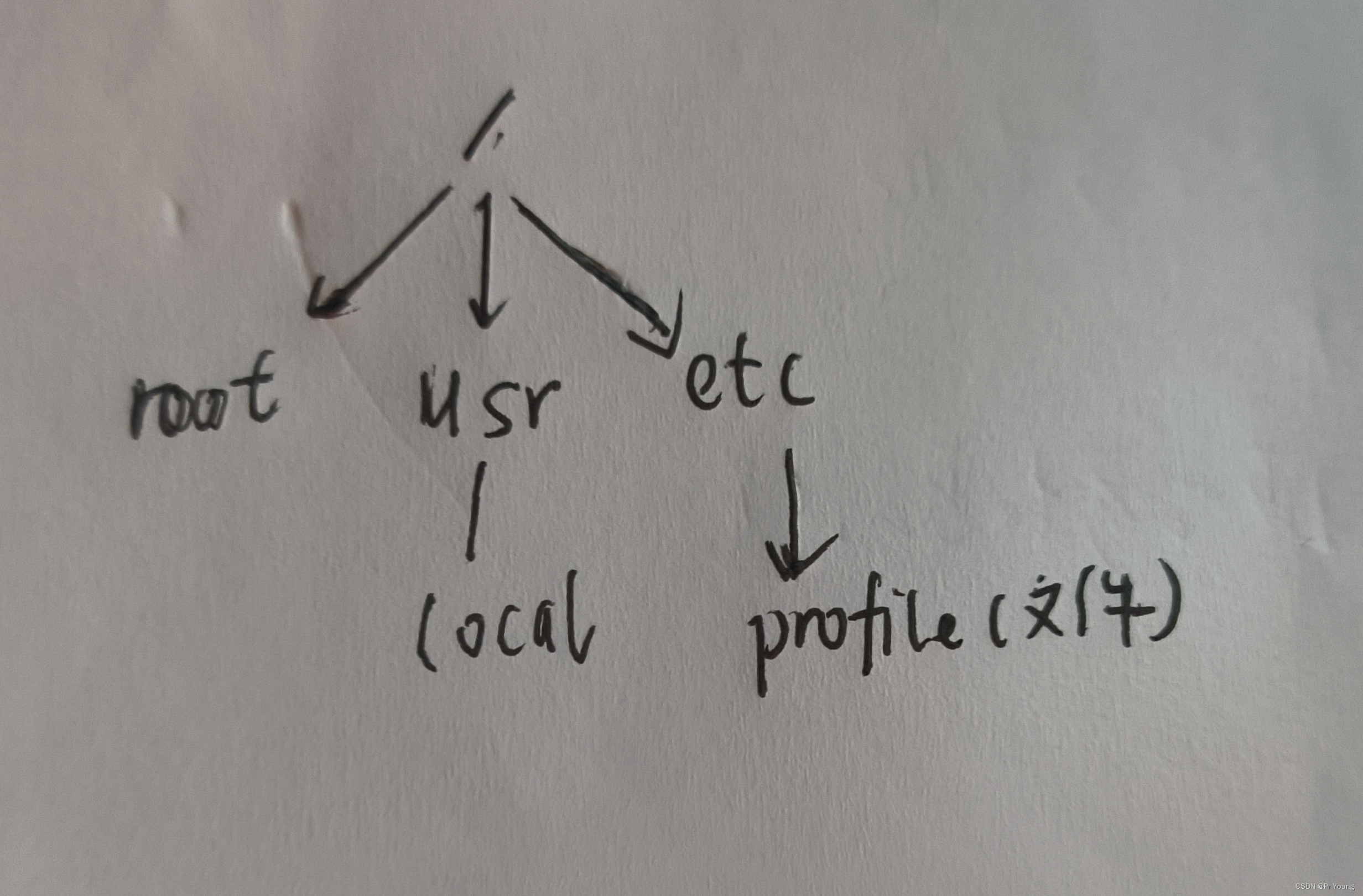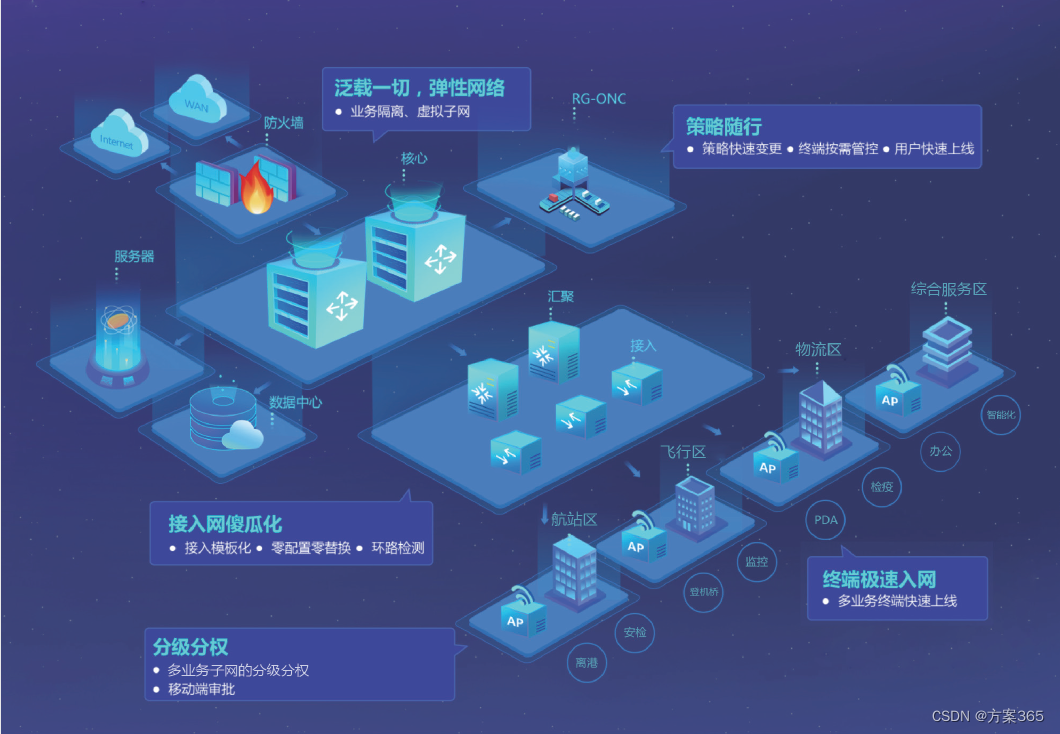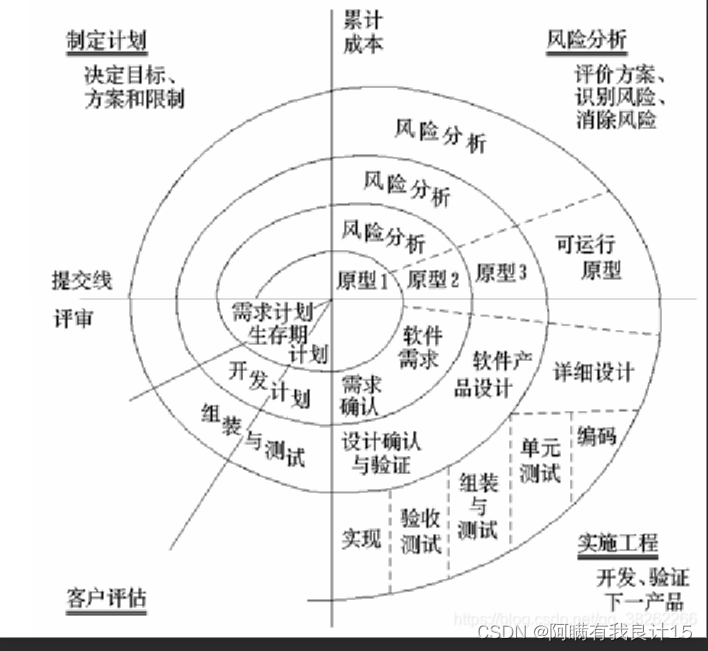
📫作者简介:zhz小白
公众号:小白的Java进阶之路
专业技能:
1、Java基础,并精通多线程的开发,熟悉JVM原理
2、熟悉Java基础,并精通多线程的开发,熟悉JVM原理,具备⼀定的线上调优经验
3、熟悉MySQL数据库调优,索引原理等,⽇志原理等,并且有出过⼀篇专栏
4、了解计算机⽹络,对TCP协议,滑动窗⼝原理等有⼀定了解
5、熟悉Spring,Spring MVC,Mybatis,阅读过部分Spring源码
6、熟悉SpringCloud Alibaba体系,阅读过Nacos,Sentinel,Seata,Dubbo,Feign,Gateway核⼼源码与设计,⼆次开发能⼒
7、熟悉消息队列(Kafka,RocketMQ)的原理与设计
8、熟悉分库分表ShardingSphere,具有真实⽣产的数据迁移经验
9、熟悉分布式缓存中间件Redis,对其的核⼼数据结构,部署架构,⾼并发问题解决⽅案有⼀定的积累
10、熟悉常⽤设计模式,并运⽤于实践⼯作中
11、了解ElasticSearch,对其核⼼的原理有⼀定的了解
12、了解K8s,Jekins,GitLab
13、了解VUE,GO
14、⽬前有正在利⽤闲暇时间做互游游戏,开发、运维、运营、推销等
本人著作git项目:https://gitee.com/zhouzhz/star-jersey-platform,有兴趣的可以私聊博主一起编写,或者给颗star
领域:对支付(FMS,FUND,PAY),订单(OMS),出行行业等有相关的开发领域
🔥如果此文还不错的话,还请👍关注、点赞、收藏三连支持👍一下博主~
文章目录
- 1、Bean的生命周期整体流程
- 2、如何定义初始化和销毁方法?
- 2.1、通过@Bean注解指定初始化和销毁方法。
- 2.1.1、单例Bean的初始化和销毁
- 2.1.1.1、添加对象
- 2.1.1.2、添加配置类
- 2.1.1.3、添加测试类
- 2.1.1.4、运行结果
- 2.1.1.5、总结
- 2.1.2、多例Bean的初始化和销毁
- 2.1.2.1、添加对象
- 2.1.1.2、添加配置类
- 2.1.1.3、添加测试类
- 2.1.1.4、运行结果
- 2.1.1.5、其他
- 2.2、使用InitializingBean和DisposableBean
- 2.2.1、了解InitializingBean
- 2.2.1.1、总结
- 2.2.2、了解DisposableBean
- 2.2.2.1、总结
- 2.2.3、实践
- 2.2.3.1、单实例bean的初始化与销毁
- 2.2.3.1.1、创建对象
- 2.2.3.1.2、创建配置类
- 2.2.3.1.3、创建测试类
- 2.2.3.1.4、运行结果
- 2.2.3.1.5、总结
- 2.2.3.2、多实例bean的初始化与销毁
- 2.2.3.2.1、创建对象
- 2.2.3.2.2、创建配置类
- 2.2.3.2.3、创建测试类
- 2.2.3.2.4、运行结果
- 2.2.3.2.5、总结
- 3、指定初始化和销毁方法的使用场景
- 4、初始化和销毁方法调用的时机
1、Bean的生命周期整体流程
对于一个SpringBean来说,他会整体经过以下流程,才会创建一个完整的Bean
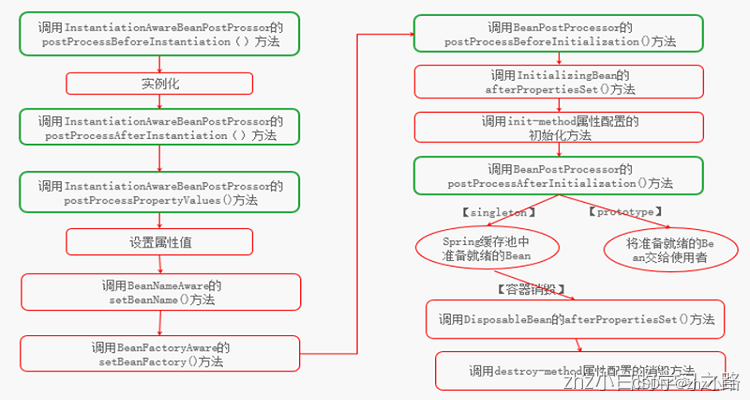
简略为:
- 1、 实例化(Instantiation)
- 2、 属性设置(populate)
- 3、 初始化(Initialization)–类调用
- 4、 销毁(Destruction)–容器关闭
2、如何定义初始化和销毁方法?
我们这次主要是针对SpringBean的最后两步讲解,就是Bean的初始化,和销毁。
具体怎么操作,我们只需要对
- 通过@Bean注解指定初始化和销毁方法。
- 使用InitializingBean和DisposableBean
2.1、通过@Bean注解指定初始化和销毁方法。
2.1.1、单例Bean的初始化和销毁
2.1.1.1、添加对象
package com.zhz.bean;
import lombok.*;
/**
* @author zhouhengzhe
* @description: 实体类
* @date 2022/11/4 10:12
* @since v1
*/
@Data
@AllArgsConstructor
@Builder
public class Person {
private String name;
private Integer age;
public void init() {
System.out.println("Person初始化完成");
}
public void destroy() {
System.out.println("Person销毁成功");
}
public Person() {
System.out.println("初始化构造方法");
}
}
2.1.1.2、添加配置类
package com.zhz.config;
import com.zhz.bean.Person;
import org.springframework.context.annotation.Bean;
import org.springframework.context.annotation.Configuration;
/**
* 生命周期相关配置
* @author zhouhengzhe
* @date 2022/11/21
*/
@Configuration
public class MainConfigByLifeCycle {
@Bean(initMethod = "init",destroyMethod = "destroy")
public Person person(){
return new Person();
}
}
2.1.1.3、添加测试类
@Test
public void test4ByLiseCycle(){
AnnotationConfigApplicationContext applicationContext = new AnnotationConfigApplicationContext(MainConfigByLifeCycle.class);
System.out.println("容器创建完成");
applicationContext.close();
}
2.1.1.4、运行结果

2.1.1.5、总结
我们可以发现,Spring的Bean在单例的时候,他会按顺序执行
- 初始化构造
- 初始化完成
- Bean销毁(容器关闭的时候)
2.1.2、多例Bean的初始化和销毁
2.1.2.1、添加对象
package com.zhz.bean;
import lombok.*;
/**
* @author zhouhengzhe
* @description: 实体类
* @date 2022/11/4 10:12
* @since v1
*/
@Data
@AllArgsConstructor
@Builder
public class Person {
private String name;
private Integer age;
public void init() {
System.out.println("Person初始化完成");
}
public void destroy() {
System.out.println("Person销毁成功");
}
public Person() {
System.out.println("初始化构造方法");
}
}
2.1.1.2、添加配置类
package com.zhz.config;
import com.zhz.bean.Person;
import org.springframework.context.annotation.Bean;
import org.springframework.context.annotation.Configuration;
/**
* 生命周期相关配置
* @author zhouhengzhe
* @date 2022/11/21
*/
@Configuration
public class MainConfigByLifeCycle {
@Scope("prototype")
@Bean(initMethod = "init",destroyMethod = "destroy")
public Person person(){
return new Person();
}
}
2.1.1.3、添加测试类
@Test
public void test4ByLiseCycle(){
AnnotationConfigApplicationContext applicationContext = new AnnotationConfigApplicationContext(MainConfigByLifeCycle.class);
System.out.println("容器创建完成");
applicationContext.close();
}
2.1.1.4、运行结果

我们可以发现在类没有去调用的话,就不会有类的构造方法,初始化的引用。
2.1.1.5、其他
然后我们再看一下,创建类的时候,代码如下:
@Test
public void test4ByLiseCycle(){
AnnotationConfigApplicationContext applicationContext = new AnnotationConfigApplicationContext(MainConfigByLifeCycle.class);
System.out.println("容器创建完成");
Person bean = applicationContext.getBean(Person.class);
applicationContext.close();
}
运行结果:

我们可以发现Spring的Bean在多例的情况下,Spring容器不会管理这个bean,也就不会自动调用这个bean的销毁方法。
2.2、使用InitializingBean和DisposableBean
2.2.1、了解InitializingBean
- InitalizingBean是Spring提供给用户的一个扩展性接口,该接口为bean提供了属性初始化后的处理方法,它只包括afterPropertiesSet方法,凡是继承该接口的类,在bean的属性初始化后都会执行该方法。
其主要源码如下:
/*
* Copyright 2002-2018 the original author or authors.
*
* Licensed under the Apache License, Version 2.0 (the "License");
* you may not use this file except in compliance with the License.
* You may obtain a copy of the License at
*
* https://www.apache.org/licenses/LICENSE-2.0
*
* Unless required by applicable law or agreed to in writing, software
* distributed under the License is distributed on an "AS IS" BASIS,
* WITHOUT WARRANTIES OR CONDITIONS OF ANY KIND, either express or implied.
* See the License for the specific language governing permissions and
* limitations under the License.
*/
package org.springframework.beans.factory;
/**
* Interface to be implemented by beans that need to react once all their properties
* have been set by a {@link BeanFactory}: e.g. to perform custom initialization,
* or merely to check that all mandatory properties have been set.
*
* <p>An alternative to implementing {@code InitializingBean} is specifying a custom
* init method, for example in an XML bean definition. For a list of all bean
* lifecycle methods, see the {@link BeanFactory BeanFactory javadocs}.
*
* @author Rod Johnson
* @author Juergen Hoeller
* @see DisposableBean
* @see org.springframework.beans.factory.config.BeanDefinition#getPropertyValues()
* @see org.springframework.beans.factory.support.AbstractBeanDefinition#getInitMethodName()
*/
public interface InitializingBean {
/**
* Invoked by the containing {@code BeanFactory} after it has set all bean properties
* and satisfied {@link BeanFactoryAware}, {@code ApplicationContextAware} etc.
* <p>This method allows the bean instance to perform validation of its overall
* configuration and final initialization when all bean properties have been set.
* @throws Exception in the event of misconfiguration (such as failure to set an
* essential property) or if initialization fails for any other reason
* 用于属性赋值之后调用。
*/
void afterPropertiesSet() throws Exception;
}
在上面源码中,afterPropertiesSet()方法是在属性赋值之后调用的,那么他究竟是在哪调用的呢?我们直接看源码,我们直接全局搜索,可以发现他是这个以下这份代码初始化的。大家有兴趣的可以直接搜一下方法。我这里给大家往前推一下代码:org.springframework.beans.factory.support.AbstractAutowireCapableBeanFactory#invokeInitMethods
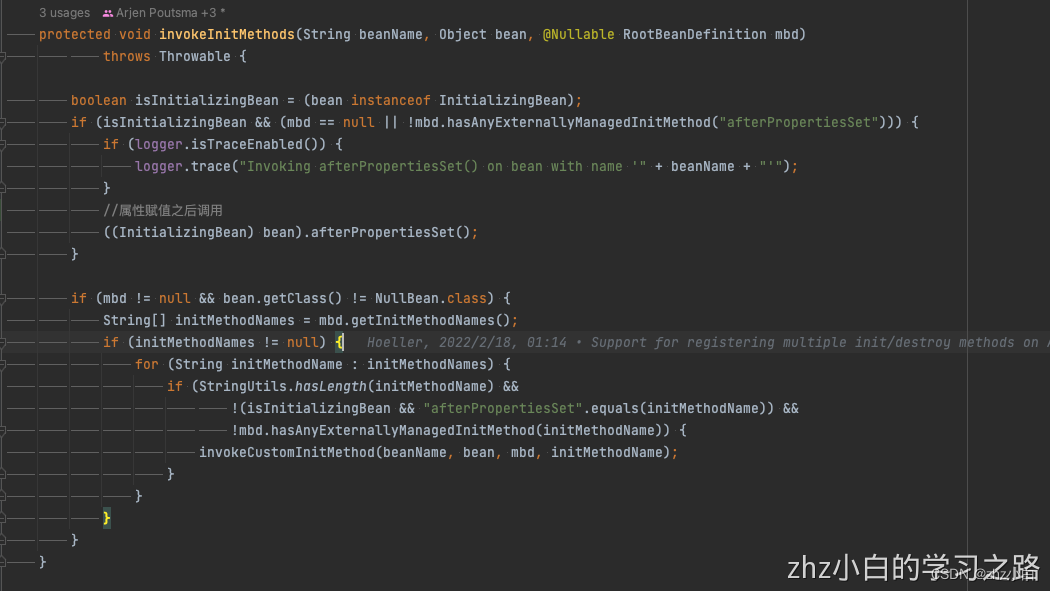
他的上层方法调用是以下方法:
org.springframework.beans.factory.support.AbstractAutowireCapableBeanFactory#initializeBean
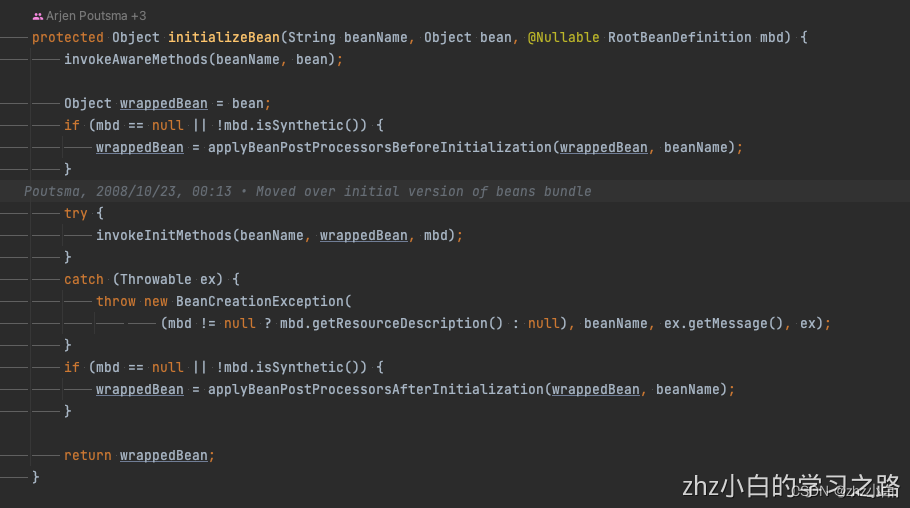
再往上推一步就是org.springframework.beans.factory.support.AbstractAutowireCapableBeanFactory#doCreateBean这个方法,大家有兴趣可以看一下。
2.2.1.1、总结
- Spring为bean提供了两种初始化的方式,实现InitializingBean接口(也就是要实现该接口中的afterPropertiesSet方法),或者在配置文件或@Bean注解中通过init-method来指定,两种方式可以同时使用。
- 实现InitializingBean接口是直接调用afterPropertiesSet()方法,与通过反射调用init-method指定的方法相比,效率相对来说要高点。但是init-method方式消除了对Spring的依赖。前者对Spring容器耦合高,效率高;后者利用反射,但是对Spring的耦合低,他是利用反射来解决的,但是效率低。
- 如果调用afterPropertiesSet方法时出错,那么就不会调用init-method指定的方法了。
- 两种方式同时使用,则会先调用afterPropertiesSet方法,再调用init-method指定的方法。
2.2.2、了解DisposableBean
实现org.springframework.beans.factory.DisposableBean接口会再bean销毁前,spring才会调用org.springframework.beans.factory.DisposableBean#destroy方法。
我们先看其源码,代码如下:
/*
* Copyright 2002-2018 the original author or authors.
*
* Licensed under the Apache License, Version 2.0 (the "License");
* you may not use this file except in compliance with the License.
* You may obtain a copy of the License at
*
* https://www.apache.org/licenses/LICENSE-2.0
*
* Unless required by applicable law or agreed to in writing, software
* distributed under the License is distributed on an "AS IS" BASIS,
* WITHOUT WARRANTIES OR CONDITIONS OF ANY KIND, either express or implied.
* See the License for the specific language governing permissions and
* limitations under the License.
*/
package org.springframework.beans.factory;
/**
* Interface to be implemented by beans that want to release resources on destruction.
* A {@link BeanFactory} will invoke the destroy method on individual destruction of a
* scoped bean. An {@link org.springframework.context.ApplicationContext} is supposed
* to dispose all of its singletons on shutdown, driven by the application lifecycle.
*
* <p>A Spring-managed bean may also implement Java's {@link AutoCloseable} interface
* for the same purpose. An alternative to implementing an interface is specifying a
* custom destroy method, for example in an XML bean definition. For a list of all
* bean lifecycle methods, see the {@link BeanFactory BeanFactory javadocs}.
*
* @author Juergen Hoeller
* @since 12.08.2003
* @see InitializingBean
* @see org.springframework.beans.factory.support.RootBeanDefinition#getDestroyMethodName()
* @see org.springframework.beans.factory.config.ConfigurableBeanFactory#destroySingletons()
* @see org.springframework.context.ConfigurableApplicationContext#close()
*/
public interface DisposableBean {
/**
* Invoked by the containing {@code BeanFactory} on destruction of a bean.
* @throws Exception in case of shutdown errors. Exceptions will get logged
* but not rethrown to allow other beans to release their resources as well.
*/
void destroy() throws Exception;
}
2.2.2.1、总结
- 多实例bean的生命周期不归Spring容器来管理,这里的DisposableBean接口中的方法是由Spring容器来调用的,所以如果一个多实例bean实现了DisposableBean接口是没有啥意义的,因为相应的方法根本不会被调用,当然了,在XML配置文件中指定了destroy方法,也是没有任何意义的。所以,在多实例bean情况下,Spring是不会自动调用bean的销毁方法的。
2.2.3、实践
2.2.3.1、单实例bean的初始化与销毁
2.2.3.1.1、创建对象
首先我们创建一个对象,他实现了InitializingBean和DisposableBean,代码如下:
package com.zhz.bean;
import lombok.*;
import org.springframework.beans.factory.DisposableBean;
import org.springframework.beans.factory.InitializingBean;
/**
* @author zhouhengzhe
* @description: 实体类
* @date 2022/11/4 10:12
* @since v1
*/
@Data
@AllArgsConstructor
@Builder
public class Person implements InitializingBean, DisposableBean {
private String name;
private Integer age;
public Person() {
System.out.println("初始化构造方法");
}
/**
* 会在bean创建完成,并且属性都赋好值以后进行调用
*
* @throws Exception
*/
@Override
public void afterPropertiesSet() throws Exception {
System.out.println("属性赋值之后调用");
}
/**
* 会在容器关闭的时候进行调用
*
* @throws Exception
*/
@Override
public void destroy() throws Exception {
System.out.println("调用销毁");
}
}
2.2.3.1.2、创建配置类
然后,在MainConfigByLifeCycle配置类中通过包扫描的方式将以上类注入到Spring容器中。
package com.zhz.config;
import com.zhz.bean.Person;
import org.springframework.context.annotation.Bean;
import org.springframework.context.annotation.Configuration;
/**
* 生命周期相关配置
* @author zhouhengzhe
* @date 2022/11/21
*/
@Configuration
public class MainConfigByLifeCycle {
// @Scope("prototype")
@Bean
public Person person(){
return new Person();
}
}
2.2.3.1.3、创建测试类
让我们写一个测试类,代码如下:
@Test
public void test4ByLiseCycle(){
AnnotationConfigApplicationContext applicationContext = new AnnotationConfigApplicationContext(MainConfigByLifeCycle.class);
System.out.println("容器创建完成");
Person bean = applicationContext.getBean(Person.class);
applicationContext.close();
}
2.2.3.1.4、运行结果
运行结果:

2.2.3.1.5、总结
- 单实例bean情况下,IOC容器创建完成后,会自动调用bean的初始化方法;而在容器销毁前,会自动调用bean的销毁方法。
2.2.3.2、多实例bean的初始化与销毁
2.2.3.2.1、创建对象
首先我们创建一个对象,他实现了InitializingBean和DisposableBean,代码如下:
package com.zhz.bean;
import lombok.*;
import org.springframework.beans.factory.DisposableBean;
import org.springframework.beans.factory.InitializingBean;
/**
* @author zhouhengzhe
* @description: 实体类
* @date 2022/11/4 10:12
* @since v1
*/
@Data
@AllArgsConstructor
@Builder
public class Person implements InitializingBean, DisposableBean {
private String name;
private Integer age;
public Person() {
System.out.println("初始化构造方法");
}
/**
* 会在bean创建完成,并且属性都赋好值以后进行调用
*
* @throws Exception
*/
@Override
public void afterPropertiesSet() throws Exception {
System.out.println("属性赋值之后调用");
}
/**
* 会在容器关闭的时候进行调用
*
* @throws Exception
*/
@Override
public void destroy() throws Exception {
System.out.println("调用销毁");
}
}
2.2.3.2.2、创建配置类
然后,在MainConfigByLifeCycle配置类中通过包扫描的方式将以上类注入到Spring容器中。
package com.zhz.config;
import com.zhz.bean.Person;
import org.springframework.context.annotation.Bean;
import org.springframework.context.annotation.Configuration;
/**
* 生命周期相关配置
* @author zhouhengzhe
* @date 2022/11/21
*/
@Configuration
public class MainConfigByLifeCycle {
@Scope("prototype")
@Bean
public Person person(){
return new Person();
}
}
2.2.3.2.3、创建测试类
让我们写一个测试类,代码如下:
@Test
public void test4ByLiseCycle(){
AnnotationConfigApplicationContext applicationContext = new AnnotationConfigApplicationContext(MainConfigByLifeCycle.class);
System.out.println("容器创建完成");
Person bean = applicationContext.getBean(Person.class);
applicationContext.close();
}
2.2.3.2.4、运行结果
运行结果:

2.2.3.2.5、总结
- 在多实例bean情况下,Spring不会自动调用bean的销毁方法
3、指定初始化和销毁方法的使用场景
- 数据源的管理
- 线程池的管理
4、初始化和销毁方法调用的时机
- Bean对象的初始化方法调用的时机:对象创建完成,如果对象中存在一些属性,并且这些属性也都赋好值之后,那么就会调用bean的初始化方法。对于单实例bean来说,在Spring容器创建完成后,Spring容器会自动调用bean的初始化方法;对于多实例bean来说,在每次获取bean对象的时候,调用bean的初始化方法。
- Bean对象的销毁方法调用的时机:对于单实例bean来说,在容器关闭的时候,会调用bean的销毁方法;对于多实例bean来说,Spring容器不会管理这个bean,也就不会自动调用这个bean的销毁方法了。不过,小伙伴们可以手动调用多实例bean的销毁方法。
